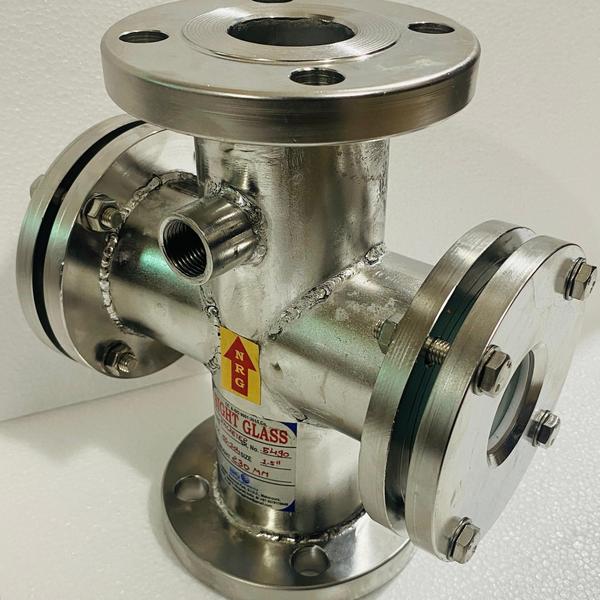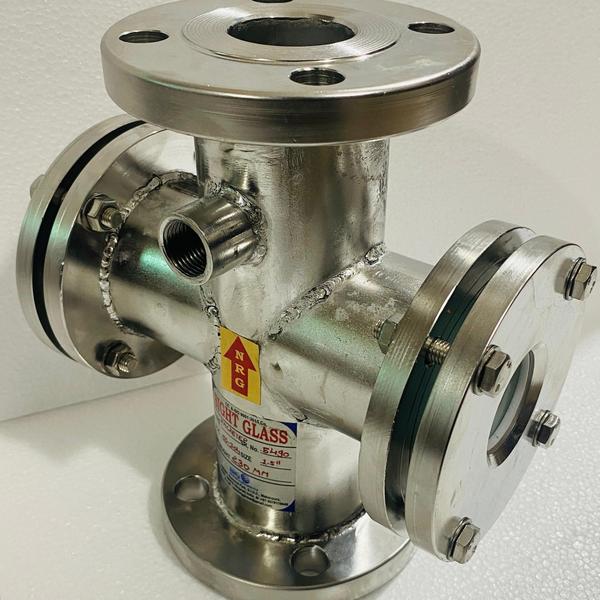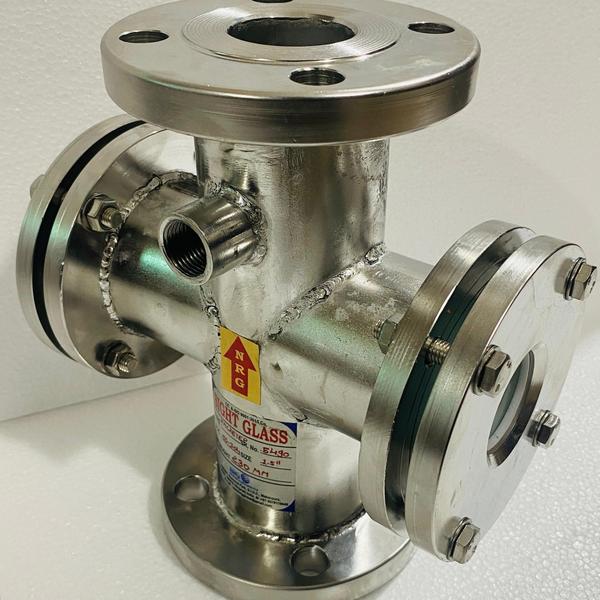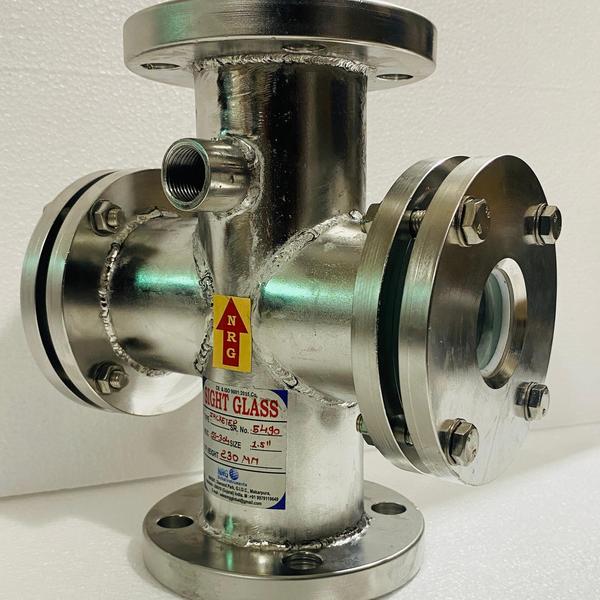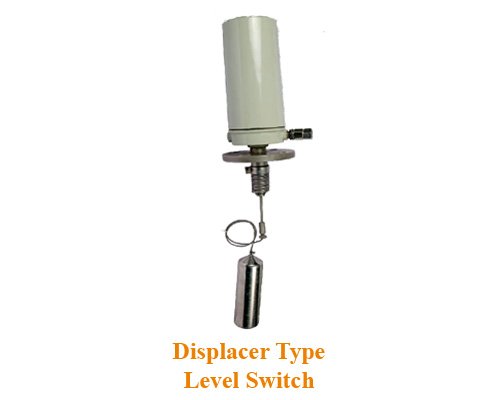
Displacer Level Switches
Displacer Level Switches are devices used to monitor and control liquid levels in tanks or vessels. They operate based on the buoyancy principle, where a displacer (a weighted object) is suspended in a liquid, and its position or movement triggers a switch. Below are the key uses of displacer level switches:
Applications of Displacer Level Switches
Liquid Level Control
Used to maintain the desired level of liquids in storage tanks, process vessels, and sumps.
Common in industries like oil and gas, chemical processing, and water treatment.
High and Low-Level Alarms
Provide alerts when liquid levels exceed or drop below predefined thresholds.
Helps prevent overflows, spillage, or equipment damage due to low levels.
Pump Control
Automatically start or stop pumps based on liquid levels.
Ensures efficient operation of pumps, preventing dry running or overloading.
Interface Level Detection
Detects the interface between two immiscible liquids, such as oil and water.
Useful in separators and decanters in industries like petrochemicals and food processing.
Keywords
key uses
low levels
dry running
Pump Control
storage tanks
liquid levels
desired level
water treatment
process vessels
food processing
weighted object
Low-Level Alarms
buoyancy principle
efficient operation
chemical processing
Liquid Level Control
predefined thresholds
two immiscible liquids
Displacer Level Switches
Interface Level Detection

